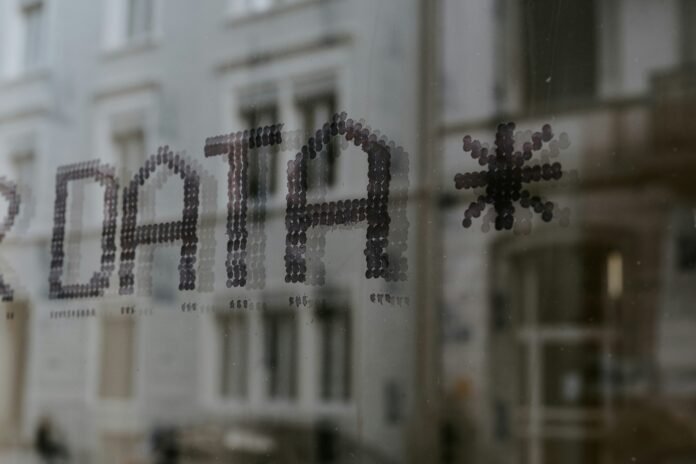AI vs. Copyright: The Global Battle Over Data Ownership in India
As artificial intelligence (AI) evolves, its reliance on data has sparked a global debate on copyright and ownership. In India, the intersection of AI technology and copyright law raises crucial questions about who owns the data used to train AI and the resulting intellectual property.
The Role of AI in India
India is rapidly adopting AI across sectors like healthcare, finance, and entertainment. However, AI training depends heavily on vast datasets, many of which contain copyrighted material. This creates tension between AI innovation and the protection of intellectual property.
Copyright Dilemma: AI Training and Data Usage
AI models are often trained on copyrighted works, raising legal issues about ownership and copyright infringement. The key questions are whether AI training qualifies as “fair use” and who owns AI-generated content. As AI outputs are often based on copyrighted data, determining who owns the resulting work—whether it’s the AI developer, the creator of the original work, or the AI user—is contentious.
India’s Legal Landscape
India’s Copyright Act, 1957, and its fair use provisions allow for limited use of copyrighted materials. However, the law doesn’t specifically address AI training. As AI technology grows, India is exploring new legal frameworks, such as the Digital India Act, to address these issues. Additionally, India’s Personal Data Protection Bill (PDPB) is working to regulate the collection and use of personal data in AI, which may conflict with copyright concerns.
Global Perspectives
Countries worldwide are navigating similar challenges. In the U.S., cases like Authors Guild v. Google are shaping AI’s use of copyrighted material. The EU’s General Data Protection Regulation (GDPR) and the proposed Artificial Intelligence Act seek to balance data privacy with innovation. China’s rapid AI adoption is also raising concerns about data usage and copyright protection.
Moving Forward
India must modernize its copyright laws to address AI-generated content and strengthen data privacy protection. Collaboration between creators, developers, and lawmakers is essential to create a legal framework that supports both innovation and intellectual property rights.




